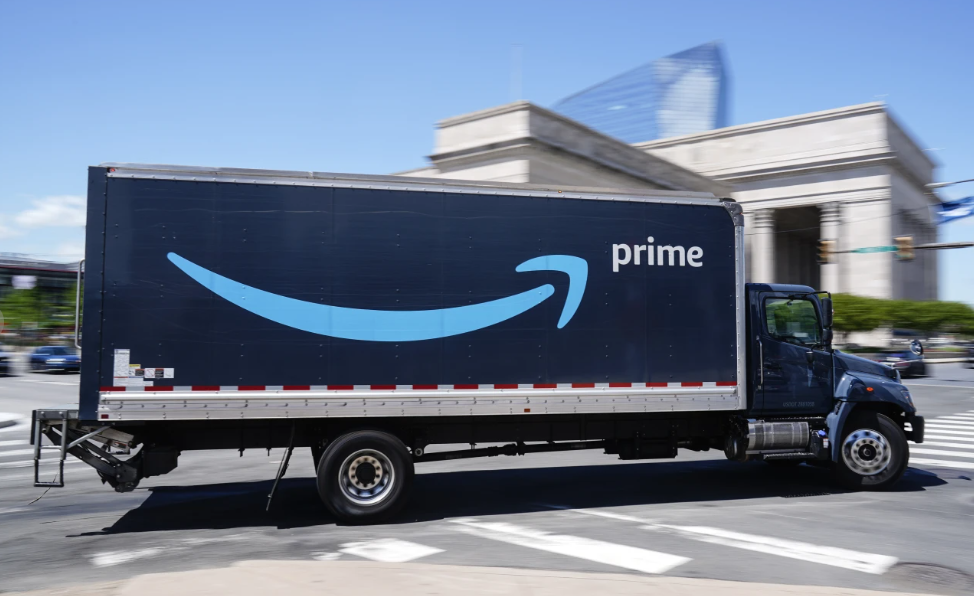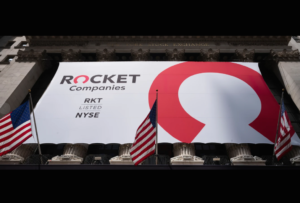Amazon has confirmed that it will not display additional tariff costs alongside product prices on its website, pushing back against recent reports that sparked backlash from the Trump administration.
Speculation began after a report claimed Amazon was planning to show how much of a product’s price came from tariffs, prompting sharp criticism from the White House. However, Amazon clarified that this idea was only briefly discussed internally within its low-cost Haul service — and never approved.
According to company spokesperson Tim Doyle, the concept of listing import charges for select items was considered only for the Haul storefront, and no plans were made to implement it on Amazon’s main platform.
The report that triggered the controversy came from Punchbowl News, citing an anonymous source who suggested Amazon would start displaying tariff breakdowns next to prices. In response, White House Press Secretary Karoline Leavitt called the alleged move a “hostile and political act,” accusing Amazon of aligning with foreign propaganda interests.
President Donald Trump reportedly called Amazon founder Jeff Bezos personally to raise concerns. After Amazon issued its statement clarifying the situation, Trump appeared satisfied, saying Bezos “solved the problem quickly” and praising him as “a good guy.”
Bezos was one of several influential tech leaders who attended Trump’s inauguration. Despite that early show of unity, tensions between the administration and corporate America have grown amid ongoing trade conflicts. Trump’s tariffs — and retaliatory measures from countries like China — have raised fears of inflation and higher costs for businesses and consumers.
Many companies have cited these tariffs in their financial forecasts. Rivals Temu and Shein, for example, have already increased prices in response to new import fees. Temu, a subsidiary of China’s PDD Holdings, now lists “import charges” that have significantly raised item prices, though local warehouse items are often exempt. Shein, headquartered in Singapore, now includes a message at checkout assuring customers that tariffs are included in the listed price.
These changes highlight the broader economic impact of trade tensions and the pressure facing global e-commerce platforms as they navigate evolving tariff policies.














